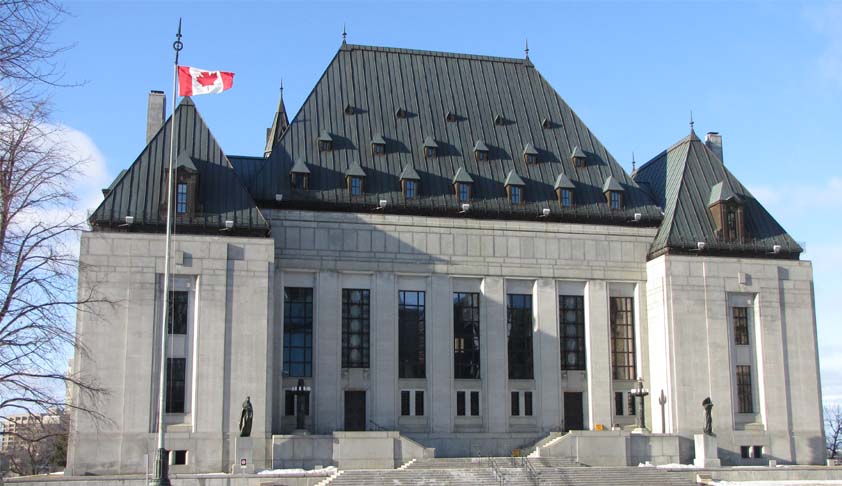Canadian Supreme Court strengthens Lawyer-Client privilege - Removes FINTRAC's power to search law firms
LIVELAW NEWS NETWORK
15 Feb 2015 10:14 PM IST

Next Story
15 Feb 2015 10:14 PM IST
A 7 judge bench of the Supreme Court of Canada has struck down sections of the federal anti-terrorist financing law reasoning that it violates solicitor-client privilege. This judgment marks the end of a 15-year battle between Canada's lawyers with the federal government over the lawyers' right to protect their relationship with their clients. The law required them to keep track of and...
